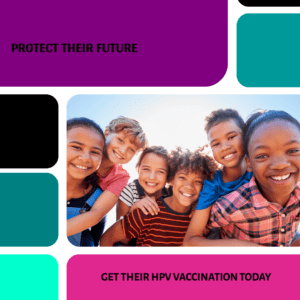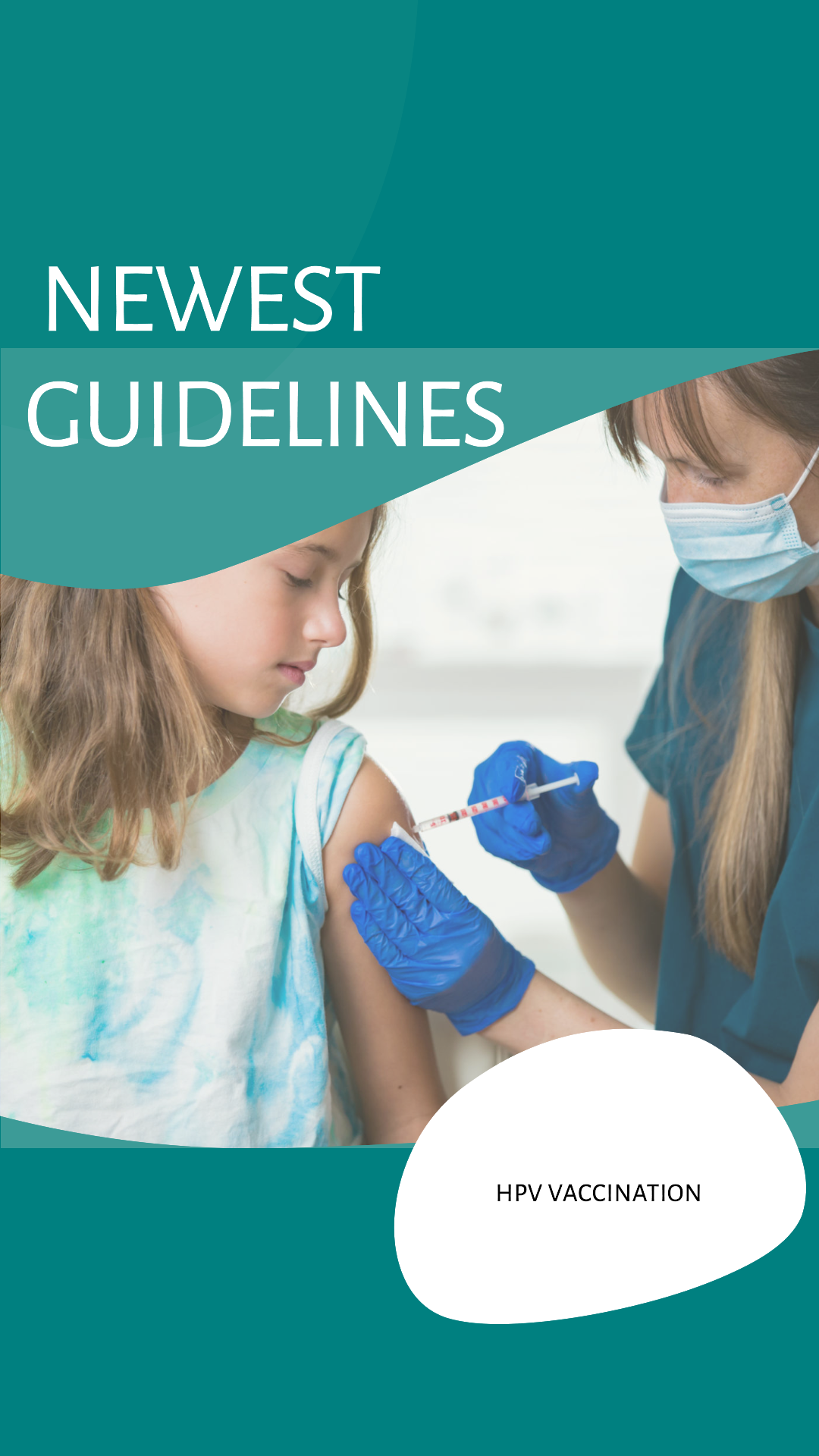Human papillomavirus (HPV) is a common virus that causes about 37,000 cancers each year in the United States. HPV is linked to more than 90% of anal and cervical cancers, about 70% of vaginal and vulvar cancers, and 60% of penile cancers. The HPV vaccination prevents new HPV infections, protecting against the types of HPV that most often cause these cancers later in life. The HPV vaccination does not treat existing HPV infections or diseases and works best when given before any exposure to HPV.

The CDC recommends the HPV vaccine be included in routine vaccinations for those 11 or 12 years old. Vaccination can be started as early as at age 9. Adolescents at that age should receive just two doses, between six and twelve months apart.
Catch-up vaccinations can be given to those between ages 13 and 26 that have not been adequately vaccinated previously. Teens under 15 years old who receive their first in the series can receive the two dose schedule; those 15 and up or those who are immunocompromised are recommended to receive 3 doses on a modified schedule.
Young adults over 26 who have not been adequately vaccinated should have a discussion with their physician to determine if they could still benefit from the HPV vaccination.
For more information on other CDC-recommended routine vaccinations from infancy to adulthood, see our Immunizations page.


